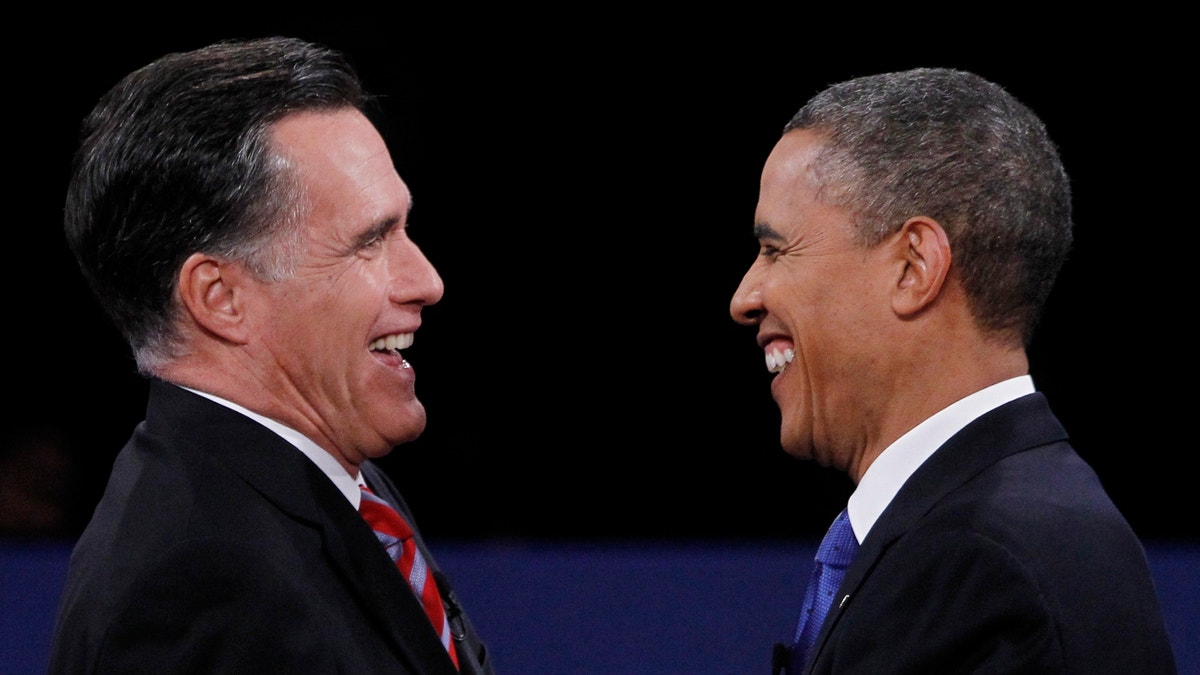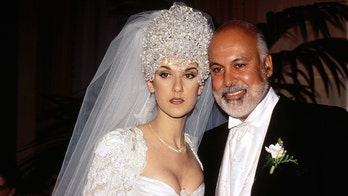
CNN ran a story saying when a woman ovulates could affect whether she votes liberal or conservative. Later, they apologized. (Reuters)
What was CNN thinking?
Women, get this: If you’re ovulating on voting day, you tend to feel sexier, and therefore will vote liberal when you check your ballot.
Say what?
That was just one theory put forth by an unpublished scientific study of women’s voting patterns at various stages in their menstrual cycle from researchers at the University of Texas, San Antonio. A study that CNN determined was legitimate and decided to run, posting a blog about it on Oct. 24, then removing just a few hours later because of backlash they were receiving about its legitimacy.
“Where’s @TheOnion’s take on this @CNN hormones story?” tweeted Callie Schweitzer.
“The Onion’s take on the CNN hormones story is the CNN hormones story,” replied Mark Coatney.
“Next Obama e-mail subject line” ‘When was your last cycle?’” wrote reader Mary Katharine Ham.
Even though CNN quickly unpublished their story, it was still caught and republished on the Daily Kos under the headline: “Here’s the story That CNN Doesn’t Want You to See About How Ladies Vote With Their Periods.”
The odd study covered 275 women and looked at how they voted during different stages of the month based on where their hormones were.
“When women are ovulating, they ‘feel sexier,’ and therefore lean more toward liberal attitudes on abortion and marriage equality,” was one theory the study determined.
So why would CNN run the story, based on unpublished research?
The piece was written by Elizabeth Landau, a CNN reporter based in Atlanta and simply posted on CNN.com before editors determined it was not up to par.
“After further review it was determined that some elements of the story did not meet the editorial standards of CNN,” the network said in a statement.
Landau then took to Twitter to defend herself, explaining that she “included several political scientists saying these conclusions are not valid.”
“For the record, I was reporting on a study to be published in a peer-reviewed journal & included skepticism. I did not conduct the study,” she tweeted soon after.
Debbie Walsh, Director of the Center for American Women and Politics at Rutgers University (CAWP) told FOX 411 why she believes so many readers were up in arms about the piece.
“I think why people were so offended is the idea that you’re reducing women to their hormones, and this goes back to a very antiquated notion about women's leadership and abilities ... and the idea they can’t be in high level office because of their hormones,” she says. “What it does is reduces women to this notion that their hormonal changes keep them from being taken seriously and they can’t be trusted because of their hormones.”
Walsh adds that in all the studies she’s read on women’s voting patterns, she’s never seen one on hormones looked at seriously, so it’s odd that CNN would examine the topic seriously.
“What drives the women’s vote is not the hormones but the economy,” she says. “They are more likely than men to support the Democratic candidate because that’s who’s going to fund that social safety net.”
Walsh didn’t label the study straight up sexist, but did say CNN posting it was “poor judgment.”
“It feeds on a very old notion that women are slaves to hormones, that you can’t trust women and their hormones,” she says. “The whole notion of women and their hormones has been used in the past as an excuse. That’s just absurd.”
CNN’s Senior Director of Public Relations, Matt Dornic, did not respond to an e-mail seeking comment.






